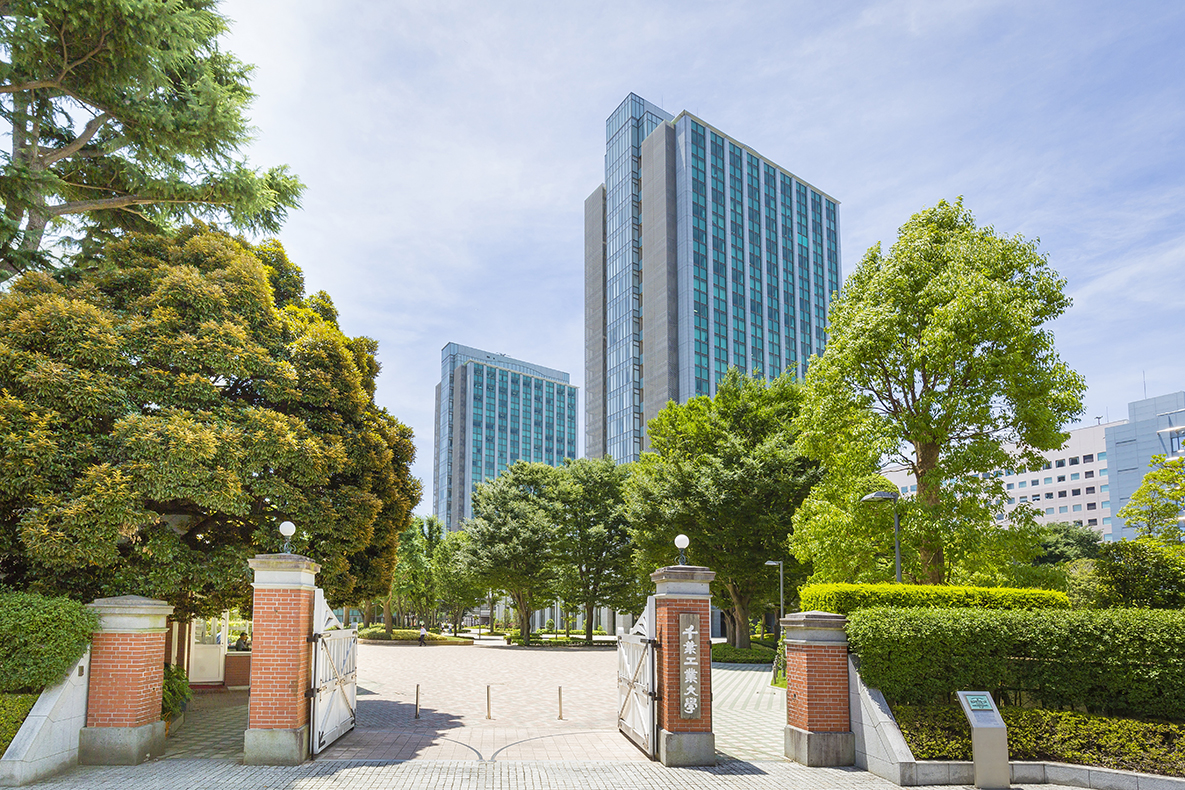Chiba Institute of Technology announced that it will start a training program for advanced engineers who will support the foundation of Japan's space industry in 2021, and as a part of it, aim to launch up to nine satellites in the 2030 years until 10.
Since 2003, a large number of microsatellite called "CubeSat", which is a cube with a side of 1 cm and weighs about 10 kg, has been launched in many countries.With the improvement of electronic technology, communication technology, and electric power technology, these microsatellite have come to show performance comparable to that of large satellites in some fields.In addition, since the manufacturing and launch costs per aircraft will decrease when mass-produced, the construction of a microsatellite network using multiple satellites called "constellation" has begun in the world.Companies that are trying to develop such microsatellite into new space utilization businesses have been born in Japan and overseas, and are called "New Space".
Due to the rapid expansion of this new space, there is a shortage of engineers who support the design, manufacture and operation of high-quality artificial satellites in the field.Although microsatellite has been handled at universities and colleges of technology in Japan, it is a part of engineer education and is not out of the scope of sporadic efforts by each laboratory.
In view of this situation, Chiba Institute of Technology will return to the founding spirit of "contributing to world culture with technology" and start a new educational program aimed at training advanced engineers who will support the space industry.
In this program, starting with the first satellite project for third-year students in 2021 (scheduled to be launched in 3), up to nine satellites will be designed, manufactured, tested, and operated in the 1 years until 2022. Provide practical education to incorporate.By continuously conducting satellite projects, the aim is to accumulate technology and know-how for students and graduate students, and at the same time, to accumulate educational methods related to satellite design, manufacturing, testing, and operation on the faculty side.In the future, we will also consider setting up a training course for advanced engineers to support the Japanese space industry.
In addition, we will hold earth photography events using satellites in collaboration with local governments, elementary schools, junior high schools, high schools, etc., and develop outreach activities so that local children can be interested in science and engineering with space as the entrance. Also planned.

